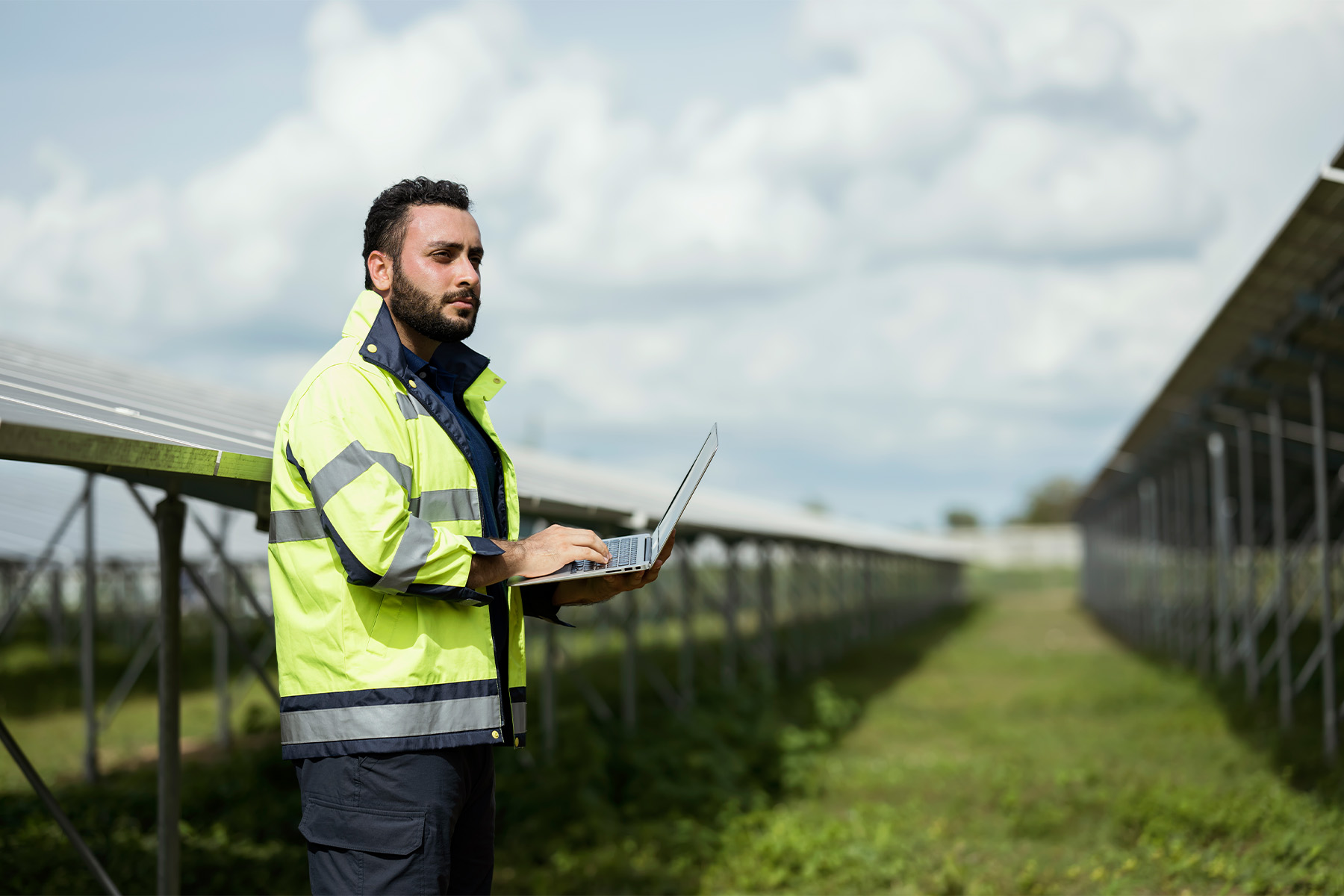
Business & Economics
Getting the right money on the right terms at COP28

Environmental and social issues need to be considered together for sustainable finance reforms to contribute positively to the wellbeing of the planet and its people
Published 12 April 2024
Designed to support Australia’s pathway to net zero, the Government recently released its Sustainable Finance Strategy for consultation.
The Strategy aims to encourage more private investment towards activities that have a positive effect on a sustainable future.

A key principle of the Commonwealth’s Strategy is a ‘climate-first’ approach, where it will focus on climate change-related reforms like developing standard definitions and reporting requirements across this sector.
We understand why this path to reform is attractive. A commonly cited reason is the urgency of addressing environmental issues, which is obvious with numerous floods and bushfires affecting all parts of the globe.
Additionally, the effects of climate change, like greenhouse gas emissions, are easier to measure than social issues like poverty or wellbeing; and businesses have limited time and resources.

Business & Economics
Getting the right money on the right terms at COP28
But as much as we may want this simplicity, people and planet are inextricably linked and it’s impossible to untangle climate-related and non-climate-related reforms.
For example, we cannot achieve the much-needed energy transition without people who have the right skills and are in the right place at the right time, or without thinking about who will have reliable and affordable access to energy. And we can’t mine for the critical minerals needed for electric vehicles without considering the degradation of people’s habitats.
We also need to ensure that different peoples’ perspectives are sought and listened to. Only by doing so can we really understand and be accountable for the effects of an investment or an organisations’ activities.

A climate-first approach also risks widening an existing gap since social issues are already referred to as a ‘missing’ or ‘forgotten’ part of environmental, social and governance (ESG) – or responsible – investing.
The S in ESG has even been mistaken to mean ‘sustainability’ rather than ‘social’. We can’t allow this gap between environmental and social accountability to widen further as we know how hard it is to close. For example, the gender pay gap has been a persistent feature of Australia’s workplaces despite Australia granting women equal pay for work of equal value in 1972 – 52 years ago.
Likewise, only four of the 15 targets able to be assessed in the Government’s ‘Closing the Gap’ strategy to improve the lives of First Nations Australians are being met.

Sciences & Technology
Women’s participation is crucial to fight climate change
Other countries and organisations have demonstrated how policy can tackle environmental and social issues that “simultaneously mitigates climate change, manages its impacts, and improves the wellbeing of people in poverty”.
These initiatives provide useful lessons, for instance:
The European Union seeks to “harness its full potential for jobs, innovation and social inclusion” through development of the social economy.
The United Kingdom launched the Just Transition criteria and made several finance related pledges, adopting recommendations from the G7 Impact Taskforce.
The International Labour Organisation has also developed useful policy references like the Just Transition Finance Tool for banking and investing activities as well as wider policy briefs focused on specific issues including Indigenous Peoples, green jobs and sectoral policies.
The United Nations Development Program highlights key actions that governments, regulators and financial institutions can take to embed a more integrated approach in sustainable finance.

The December 2023 consultation feedback on the Government’s Sustainable Finance Strategy will inform ongoing policy development and regulatory engagement on sustainable finance in Australia, but the Government is already moving forward with its proposed climate reporting requirements and has contributed funding to industry-led initiatives such as an Australian sustainable finance taxonomy.
How far the Government will go in pursuing its stated ambition for “a coordinated and ambitious sustainable finance agenda that goes beyond disclosure reforms” is unclear. What is clear is that if we want to realise our ambitions for a sustainable future, and show regional leadership on this issue, we need greater recognition of the interconnectedness of sustainability issues, and it is critical that reforms and actions consider both planet and people.
Banner: Getty Images